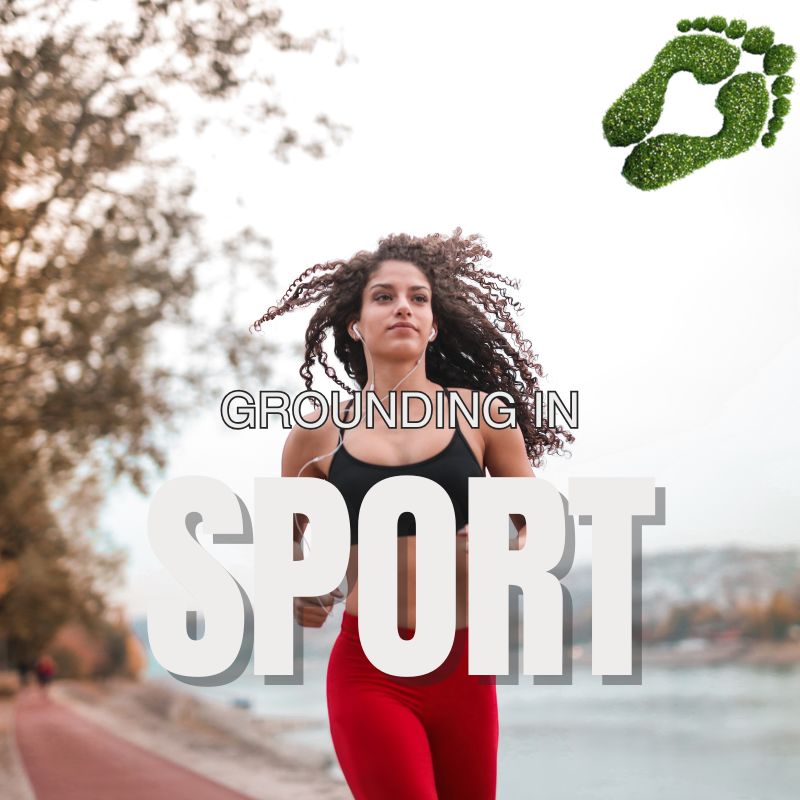
How Does Earthing Help Athletes Improve Performance and Well-Being?
How Grounding Helps Athletes Improve Performance and Well-Being
Grounding, also known as earthing, involves direct contact between the body and the Earth’s surface—such as walking barefoot on grass, sand, or soil. This practice is gaining popularity among athletes who are looking for natural ways to boost performance and overall well-being. Scientific evidence and numerous observations confirm that grounding provides a wide range of physical and mental benefits that can significantly impact athletic performance.
Physical Benefits of Grounding for Athletes
Reduced Inflammation and Faster Recovery
Grounding has the ability to reduce inflammation in the body, which is a natural response to intense physical effort but can lead to pain and prolonged recovery. Contact with the Earth can help ease this inflammation. James Oschman, a biophysicist, tells the story of a friend who developed a painful blister during a marathon. Inspired by barefoot African runners, he removed his shoes and continued running barefoot. Not only did he finish the race without pain, but the blister completely disappeared—illustrating how grounding can speed up healing and reduce discomfort.
Improved Blood Circulation
Grounding enhances blood flow, which is crucial for optimal muscle function and internal organ performance. Better circulation means more efficient delivery of oxygen and nutrients to tissues, which contributes to improved endurance and quicker post-workout recovery. During the 2003 Tour de France, Dr. Jeff Spencer used grounding techniques on cyclists. As a result, they reported less pain and faster recovery, which led to better performance in the race.
Mental Benefits of Grounding for Athletes
Reduced Stress and Better Focus
Athletes are exposed to high levels of both physical and mental stress. Grounding helps reduce stress by calming the nervous system and lowering cortisol—the stress hormone. While working with cyclists during the Tour de France, Dr. Spencer noticed that grounding improved focus and reduced stress, leading to better race results.
Improved Sleep Quality
Sleep plays a key role in recovery and overall well-being. Athletes who don’t get adequate sleep may struggle to reach peak performance. Grounding has been shown to improve sleep quality, which is essential for full-body recovery and preparation for upcoming competitions. Chris Lieto, a professional triathlete, noted that grounding made him feel more rested and gave him more energy for training.
Grounding in Practice – Real Athlete Examples
Triathlete: Better Sleep and Faster Recovery
Chris Lieto, a professional triathlete, has been practicing grounding for several years. He noticed improvements in sleep quality, faster recovery after workouts, and reduced fatigue. Grounding helps him return to top form more quickly, which is essential when preparing for demanding Ironman races.
Summary
Grounding is a simple, natural method that offers many benefits for athletes. Improved sleep quality, reduced stress, enhanced focus, faster recovery, and decreased inflammation are just some of the effects that can boost sports performance. Real-life examples from athletes show that integrating grounding into daily routines can be the key to achieving better results and overall well-being.
Incorporating grounding into your daily routine can be a simple yet powerful way to improve athletic performance and feel better in general. For athletes seeking natural ways to support their careers, grounding may prove to be a key ingredient for success.
